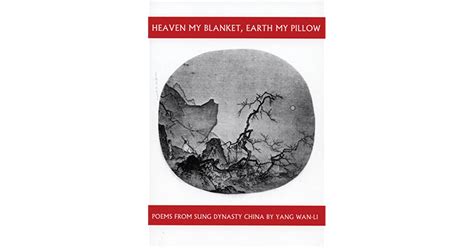A Quote by Gore Vidal
There is something about a bureaucrat that does not like a poem.
Related Quotes
Poetry is perhaps the oldest art form. We can go back to an age-old idea of naming things, the Adamic impulse - to give something a name has always been an immensely powerful thing. To name something is to own it, to capture it. A poem is still a kind of spell, an incantation. Historically, a poem also invoked: it was a blessing, or a curse, or a charm. It had a motile power, was able to summon something into being. A poem is a special kind of speech-act. In a good poem there's the trance-like effect of language in its most concentrated, naked form.
There's something immediate about the experience of reading a poem - whether it's the music or some other element of it - that just seems to access another part of the brain. You know, Charles Olson talks about this transfer of energy that happens between the writer and the reader of the poem. I guess there's something essential to me about acknowledging upfront the immensity of it - the difficulty of it - and even allowing that to be the subject.
Reading a poem is a real thing, a worthy thing. So to be there right with the reader at that moment is part of the effect of a title like "Poem for" something or other. Matt Rohrer does this a lot in his titles, and I think I might have gotten some of the idea to do this, or at least been reminded of how it can work, from his recent amazing books.
So how does one go about proving something like this? It's not like being a lawyer, where the goal is to persuade other people; nor is it like a scientist testing a theory. This is a unique art form within the world of rational science. We are trying to craft a "poem of reason" that explains fully and clearly and satisfies the pickiest demands of logic, while at the same time giving us goosebumps.
I keep feeling that there isn't one poem being written by any one of us - or a book or anything like that. The whole life of us writers, the whole product I guess I mean, is the one long poem - a community effort if you will. It's all the same poem. It doesn't belong to any one writer - it's God's poem perhaps. Or God's people's poem.





































